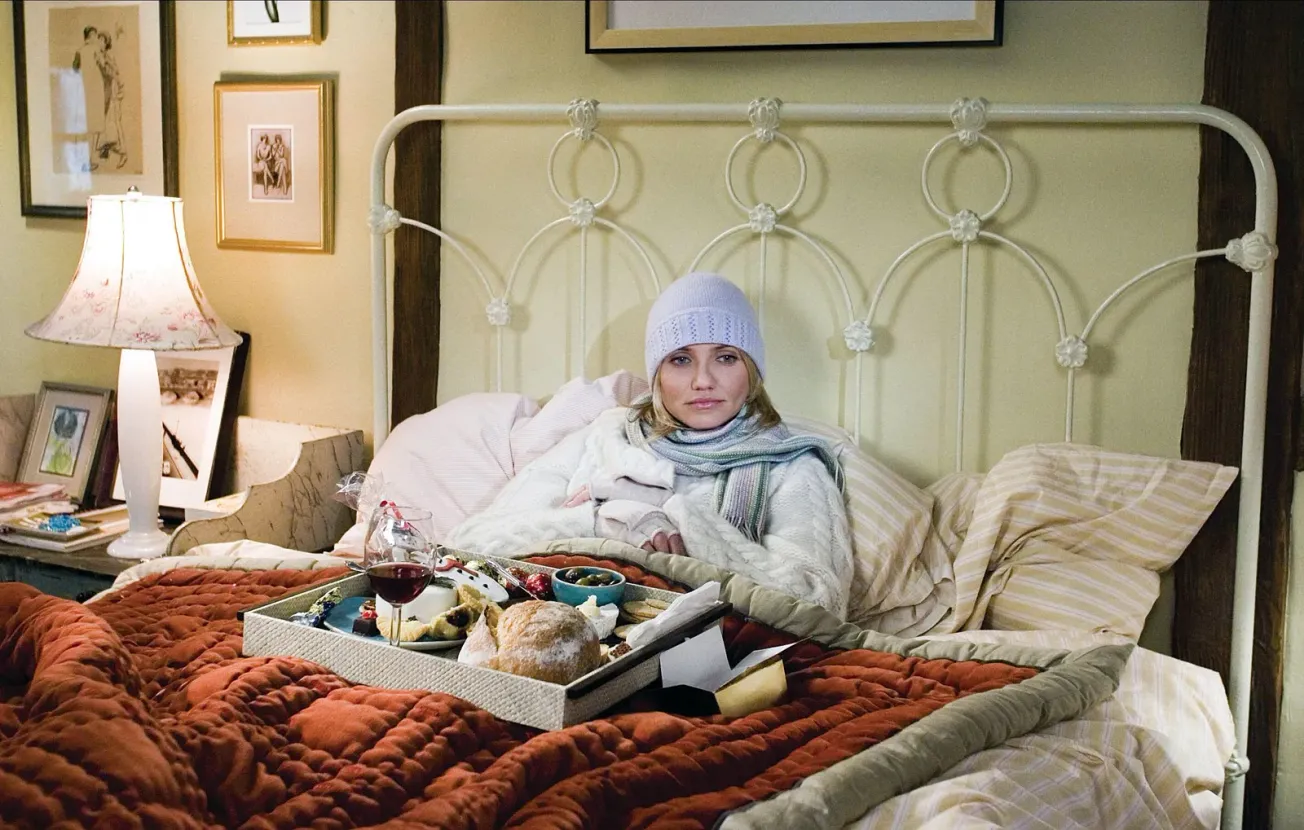By Laura Day, English and Classical Studies
Sometimes the strength of motherhood is greater than natural laws’ – Barbara Kingsolver
The child’s eyes behold the only god she has ever known.
A soft smile looks down on her; a life mapped in lines of skin. The child traces these lines with fumbling hands that lack fragility. The child loves these lines, loves the face they decorate, a face aged with joy.
Mother the protector. Mother the creator. Mother the universe.
There is a cord that infinitely binds, everlasting in its gruesome strength, the child to her genesis, as unrelenting as life’s progression. The cord that binds, the cord that feeds, the cord that can never be severed – not with scissors and not with time. The child smiles so wildly – there is nothing soft in this childish show of exaltation –that her teeth bleed into gums, bleeding into uninhibited rapture, uninhibited gaiety.
The child looks to her mother and understands what she does not yet have words
for. The simplicity of knowing who you are, of never doubting where you came from or where you’ll go. The reassuring lie of complete faith in something bigger; something infallible. Maternal murmurings that have the soothing power to smother all doubts. Is the voice of the mother not the first discovery of holy utterance?
There will come a time when the child craves emancipation, when she will be willing to endure a pain self-inflicted, when she will put teeth to cord and tear and tear and tear, till the sweet tang of blood is all her mind knows. Hungry in her ferality. She may even begin to lust for blood in every soul she meets – nothing will taste as delectable as her mother’s, as her own.
The child will come to learn, what her mother learnt, and what all children learn: we are burning. The moment of our birth is the beginning of our death. We burn ourselves to feel alive and we yearn for the sight of smoke just to know that we exist; that we existed in this vast, incomprehensible cosmos, where everything is burning, where everything is trembling in vitriolic terror.
Then the child will be glad of her chains, of her unbreakable tether, her guide back home. She will seek out what once was her entire universe, before the knowledge that there is this mighty, boundless, gaping entity surrounding, caging, encompassing, became all she could see. She will crawl back, teeth bared in a
grimace reminiscent of a childish grin, teeth bleeding into gums bleeding into uninhibited rapture, uninhibited gaiety, right into arms always open. She will claw and fight, breaking bones and ripping off flesh, to fit into a space she’ll never fit again, a bloody tangle of limbs and lacerated skin. Her bony fingers will clutch, will scrape.
They will latch on to the tender cord, unbroken by scissors, by time, by teeth, and she will beg. She will beg the broken plea of a child crying for a mother. Then will come the muffled sob of a mother answering, of a mother who will only ever be human, who cannot fill such a boundless cosmos, but who will try, and keep trying, forevermore.
The world is so big, and we so small. Under the impossibility of filling it, she does not falter – she rips herself apart to give her child all. The child will be enveloped, warm arms soothing, a soft smile looking down upon her. A face with unrecognisable lines; the map of two lives interwoven.
Mother the human. Mother the constant. Mother the universe.
Because really, a whole universe can be found in the arms of your mother.
Feature Image: Grace O'Sullivan









